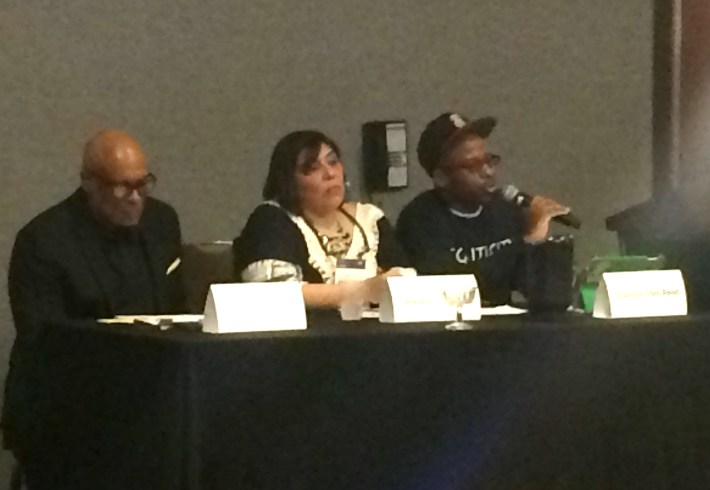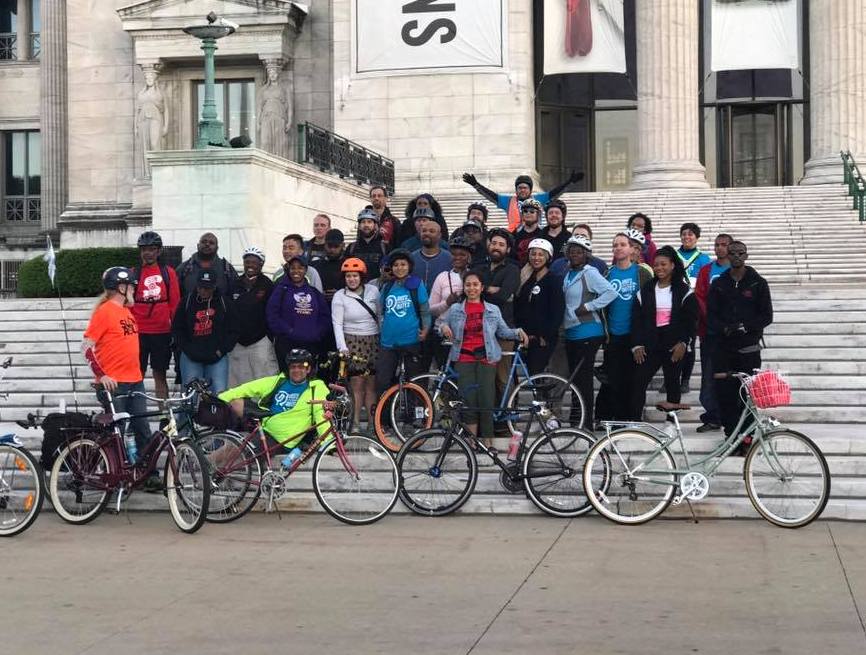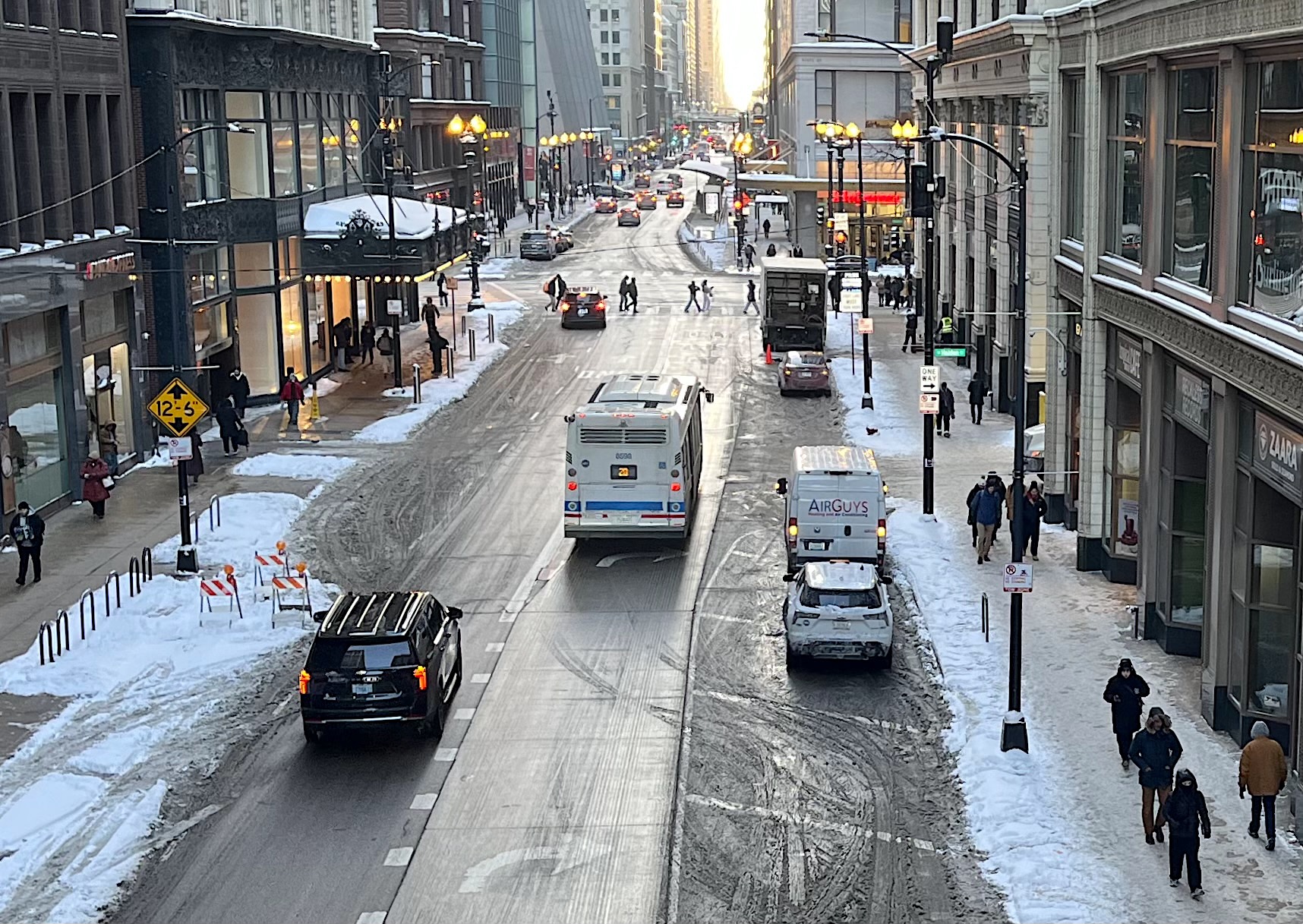Last month the PolicyLink Equity Summit brought activists, organizers, and leaders from various fields to Chicago to “step into our power, activate our imaginations, and set the national agenda,” according to the organizers. “That agenda will build on what’s been learned about advancing equity and justice and will push us to achieve the scale required for all to reach our full potential.”
At the summit, Oboi Reed, cofounder of the bike equity group Slow Roll Chicago and leader of the transportation justice organization Equiticity, took part in the panel discussion “Lessons from Chicago: Community Organizing,” moderated by Sylvia Puente, executive director of Latino Policy Forum. Other panelists included Carolina Gaete-Tapia, co-director of Blocks Together, Mecole Jordan, coordinator of Grassroots Alliance for Police Accountability, and Lourdes Sullivan, assistant director of school partnership for DePaul University’s Office of Urban Education and Community Partnerships.

During the panel, Reed discussed how Slow Roll and Equiticity have used events like bike rides and neighborhood walking tours to attract new members and get them involved with activism on transportation justice issues. These campaigns have included addressing the disproportionate numbers of tickets for bike infractions being issued in Chicago’s Black neighborhoods, and the lack of access to bike-share in outlying communities.
“The first step is to mobilize people,” Reed said. “We use the activity of mobilizing people, for whatever reason people want to come together, they want to come into our orbit, come into our network. They could be excited, they could be angry, they want to ride bikes, they want to walk the neighborhood.” He added that often these events have no particular political focus, but are simply an occasion to bring people together.
The second step, Reed said, after people have gotten acquainted with the organizations, is politicization. “That’s where we begin to educate people, and teach people about the challenges at the [Chicago Police Department] or racial equity or transportation equity, and why they should care.”
After educating residents about the issues, the third step is getting people organized. “[We’re] asking Black and Brown people in our neighborhoods to work together,” Reed said. “So it’s us deliberately asking people to organize around these issues that we’ve helped identify, that they’ve helped identify, and together create strategies to address the challenges that we face in our neighborhoods.”
The fourth and final step, according to Reed, is for African-American and Latino participants to envision what they want their neighborhoods to look like in the future. “Our organization, our work, is designed to reduce violence, improve health, create jobs and ultimately make our neighborhoods better,” he said. “We’re clear that the most effective approach to get there is Black and Brown people working together.”






